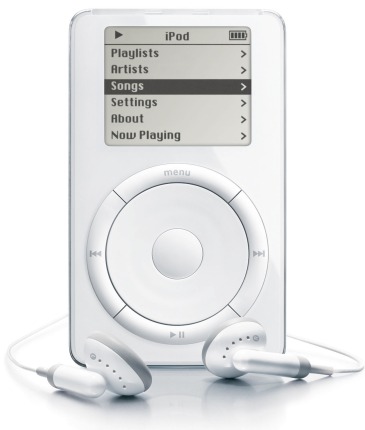Success in customer experience might be a marathon…
…but you can learn all you need to know in a sprint at Create Health’s CXIH Summit 2015.
This Sunday, the London Marathon will bring together two of the best long-distance runners in the world, as current marathon world record holder Denis Kimetto takes on fellow countryman (and former world record holder) Wilson Kipsang.
For both Kenyans, success depends upon a multitude of elements coming together and working in their favour. Nutrition, training schedules, rest and recovery, and mental preparation must all be spot on. Coaches, dietitians, physiotherapists, and psychologists must all be pulling in the right direction. But what if one element isn’t functioning as it should; what if Kimetto comes to the line worried that his diet’s not been right, or if Kipsang feels his head coach has been off his game? It wouldn’t stop either starting the race, but they’d have niggling doubts running through their minds about how well they could perform.
It’s the same in anything we undertake; from learning to play the piano, to recovering from a chronic condition. Every failing element creates doubt, a doubt that can grow to dent faith in success. A patient who undergoes yet another unsuccessful treatment change is going to lose faith in their doctor, the value of adhering, and perhaps their recovery altogether.
Positive customer experience is considered golden across all consumer-based sectors; whether you’re booking a hotel room or looking for an insurance quote, every element you encounter should run like clockwork, making the road to success as seamless and hitch-free as possible. It’s no coincidence that, with digital so central to modern day lives, Barclays launched their Digital Eagles initiative to improve digital literacy amongst young and old. A customer who better understands how to use the platforms Barclays operates within, is of course, more likely to have a positive customer experience when engaging with them.
Consumer brands invest in customer experience because if they don’t, there are a million other places their customers can go. The situation isn’t quite the same in healthcare, but the implications are no less significant. From a commercial standpoint, a professional who, from their very first interaction with a representative, feels informed and in control is more likely to prescribe and re-prescribe a treatment (and more generally have a positive opinion of a brand). And from an ethical perspective, a patient given the tools to take charge, not just of their treatment, but also of their life in general, is more likely to achieve a better outcome.
At Havas Lynx, we’ve recently been discussing the importance of taking a more holistic view to patient experience in order to achieve treatment success. As such, we’re pleased to be taking part in Create Health’s Customer Experience In Health Summit, held on 12th May in London. The Summit brings together the brightest and most inspiring leaders in customer experience from inside and outside of healthcare, with experts from GSK, Merck Serono and Pfizer talking alongside the best from RBS, Travelodge, AXA and many more. We’ve always really enjoyed working with the Create Health team; they have a knack of creating a relaxed atmosphere that opens people up to genuine debate and discussion. Last year, those of us that attended their event were imbued with ideas and enthusiasm. This year, our very own Rob Fuller and Claire Knapp will be delivering a talk, but whether you listen to them or any of the other speakers, you’re bound to stumble across some enlightening insights.
For more on the power of patient engagement and holistic support, read our latest white paper, Smiles That Save Lives
We’re pleased to be able to offer Havas Lynx clients a 75% discount off the normal ticket price for CXIH 2015. Just use the promotional code ‘havas’ when you come to pay.


